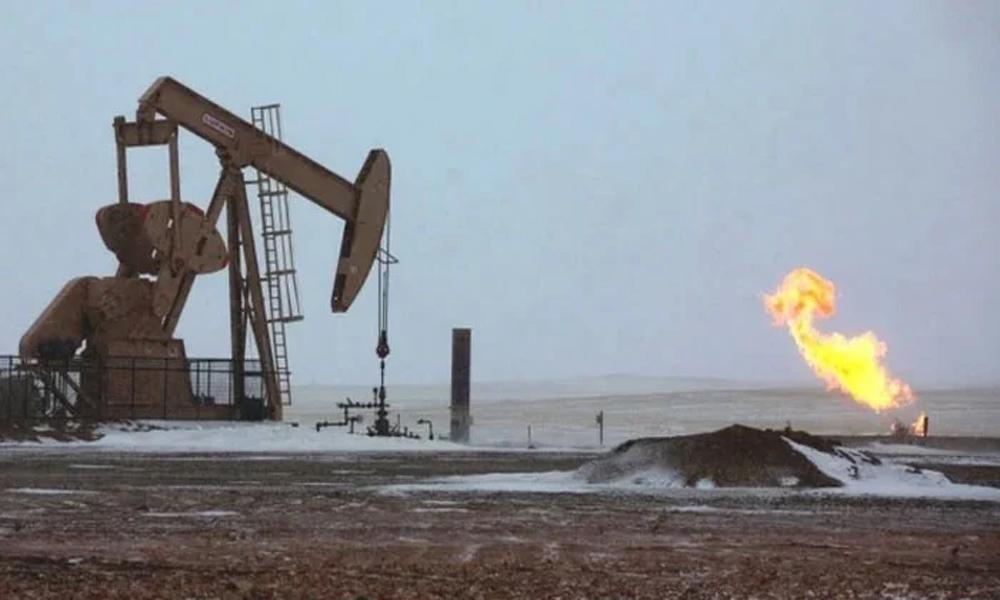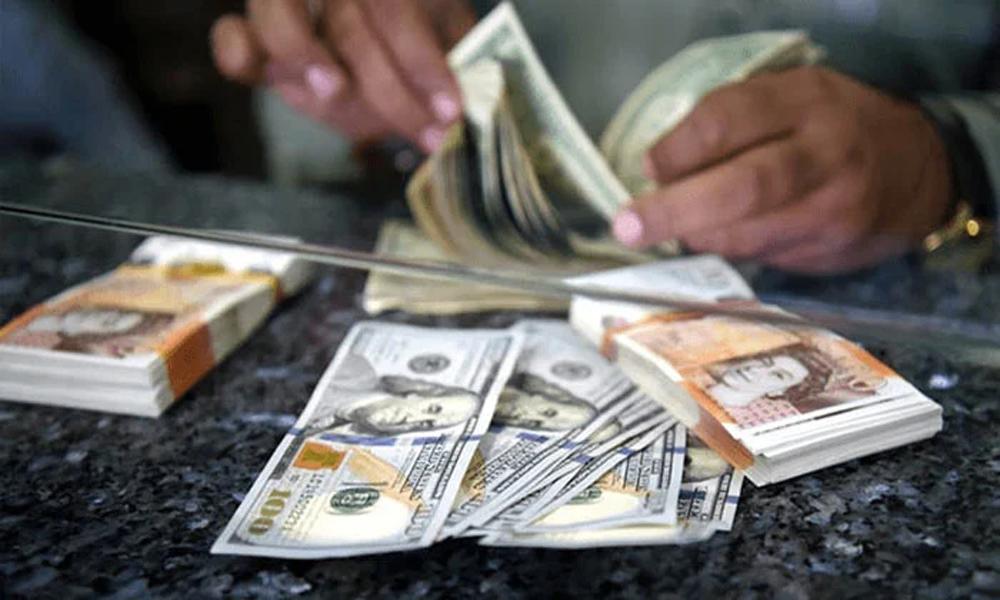Ankur Shukla and Abhishek Gupta from Bloomberg Economics have noted that capital is flowing out of Pakistan due to the increasing risk that the IMF will not provide the much-needed bailout, which is crucial for the country to avoid default in the upcoming fiscal year starting in July.


Islamabad: The International Monetary Fund (IMF) is showing reluctance to revive the stalled bailout package for Pakistan, and the ongoing political unrest in the country is believed to be one of the primary reasons, according to a note by Bloomberg on Friday.
Ankur Shukla and Abhishek Gupta from Bloomberg Economics noted that capital is flowing out of Pakistan due to the increasing risk that the IMF will not provide the much-needed bailout, which is crucial for the country to avoid default in the upcoming fiscal year starting in July.
The discussions between Pakistan and the IMF for the resumption of the multi-billion dollar program have been in progress since November last year but have remained unresolved.
The note further highlighted that political unrest is likely one of the reasons for the IMF's hesitation. The country's leadership has been unstable since former Prime Minister Imran Khan was ousted through a no-confidence vote in April 2022. Khan's recent arrest, followed by his subsequent release after one day, has further escalated tensions between him, the government, and the military, adding to the ongoing face-off.
After Khan's arrest last week, the Pakistani rupee experienced a significant drop, reaching a record low of 299 per dollar. However, it has since recovered some ground, settling at 285 following his release. The note warned that the currency could decline further if clashes between Khan and the government persist, or if the IMF decides against providing loans.
Pakistan recently witnessed a fresh wave of violence triggered by Khan's arrest, resulting in the ransacking of state and private properties by protesters. In response, the government deployed army troops in two provinces and the federal capital. The unrest led to the deaths of at least nine people, with numerous police officers injured. The government made multiple arrests targeting the top leadership of Khan's Pakistan Tehreek-e-Insaf (PTI) party and his supporters, reportedly detaining over 4,000 individuals.
Although the former prime minister condemned the ensuing violence, he called for protests as he continues to advocate for elections. However, talks between the government and the PTI on holding elections have previously failed.
The situation in Pakistan remains uncertain as the political unrest and the hesitation of the IMF to revive the bailout package create further challenges for the country's economic stability.
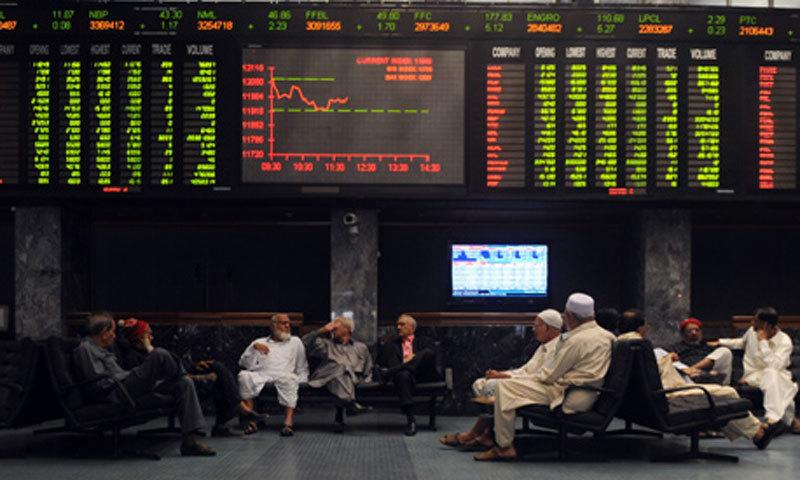
Market recovery: KSE-100 surges over 2% after record drop
- 3 hours ago

Young doctors call off strike, OPDs reopen across Rawalpindi
- an hour ago
Film director James Foley dies at 71
- 2 hours ago
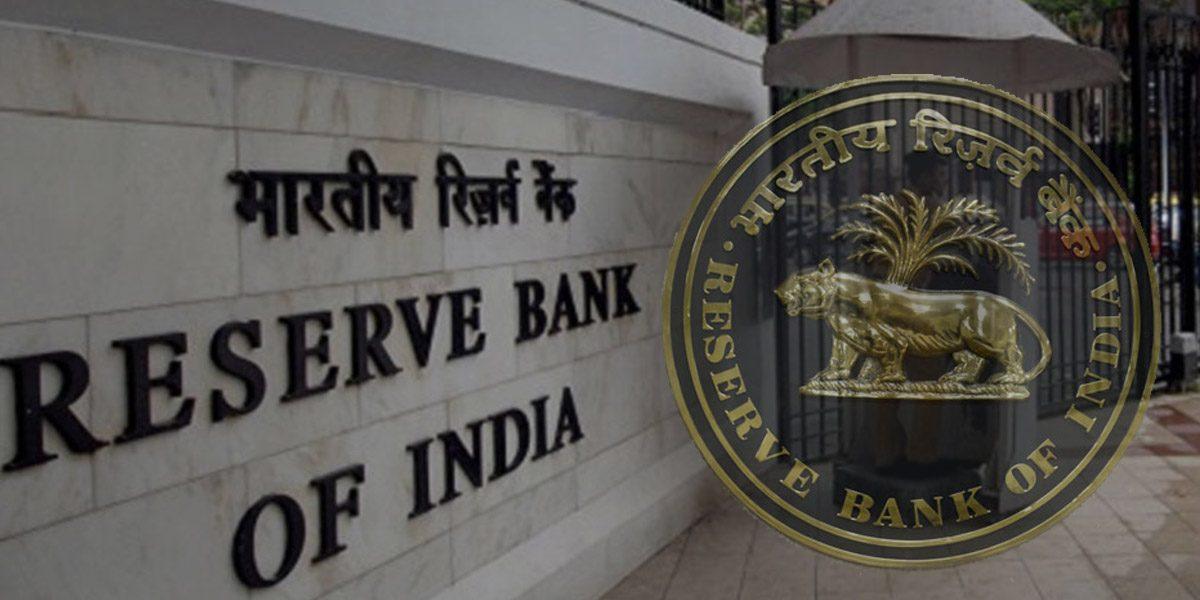
India’s forex reserves drop $2bn, snap eight-week streak of gains
- an hour ago
World militaries dissect India-Pakistan jet battle for tactical insights
- 2 hours ago
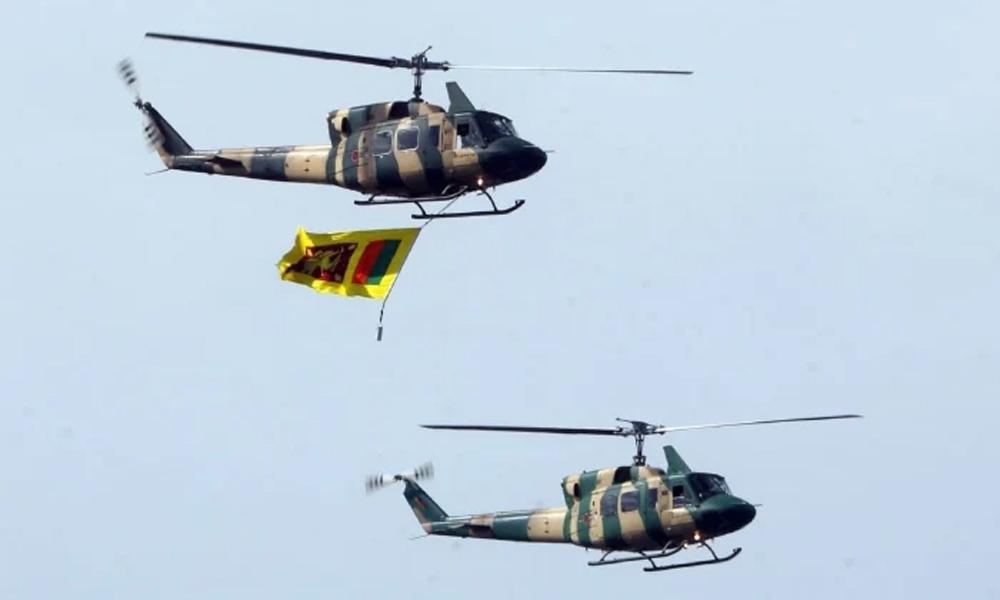
Six killed as military helicopter crashes in Sri Lanka
- 3 hours ago
Lahore airport reopens after brief closure amid red alert
- a minute ago

Stanley Cup playoffs daily: Can the Capitals, Golden Knights get revenge in Game 2?
- 2 hours ago
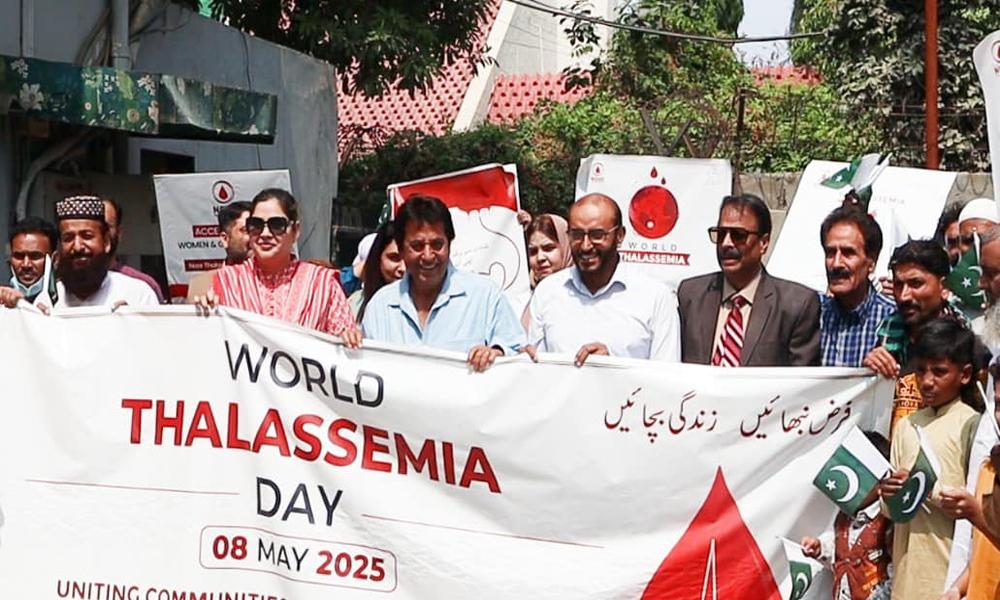
Dr Lubna Zaheer, Syed Noor join hands to support thalassemia awareness at Noor Foundation
- 3 hours ago

Gold price plummets Rs1,800 per tola in Pakistan
- 2 hours ago
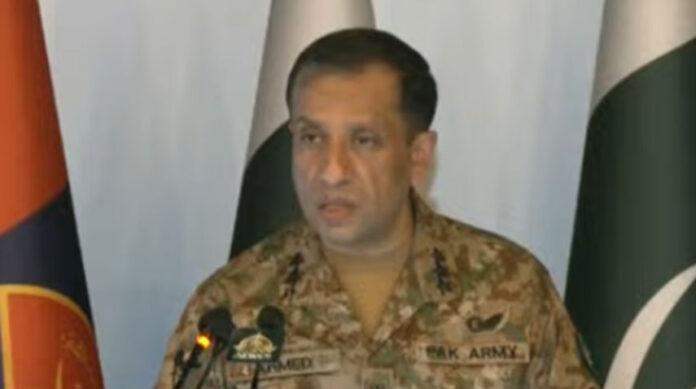
Indo-Pak clashes: DG ISPR to take foreign media into confidence
- 3 hours ago

Rivian gets $16 million from Illinois to build new supplier park
- 5 hours ago

